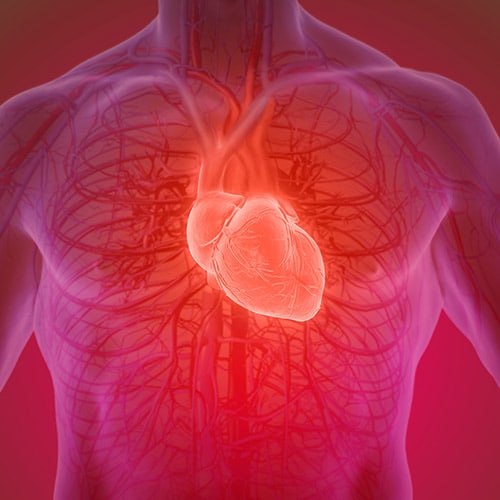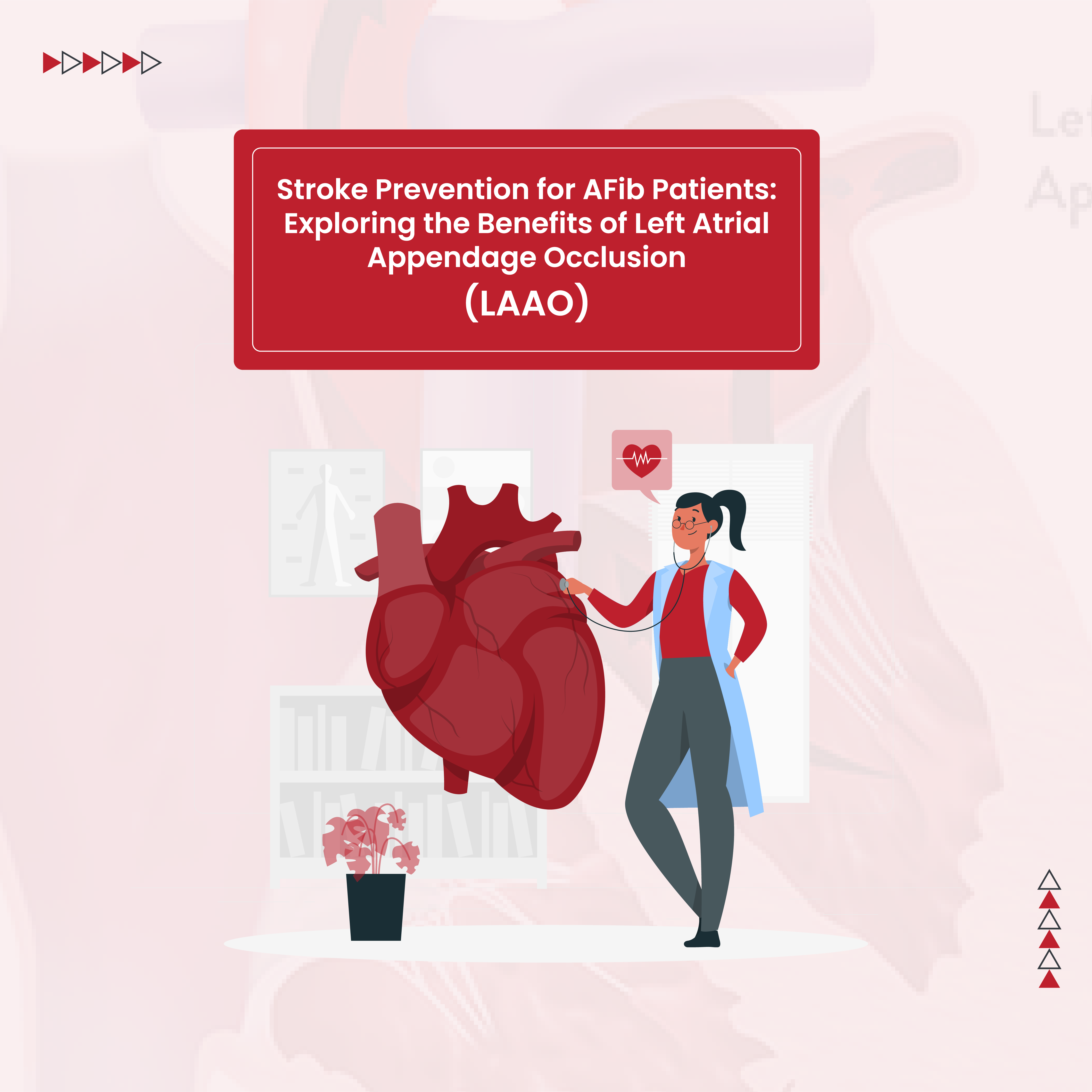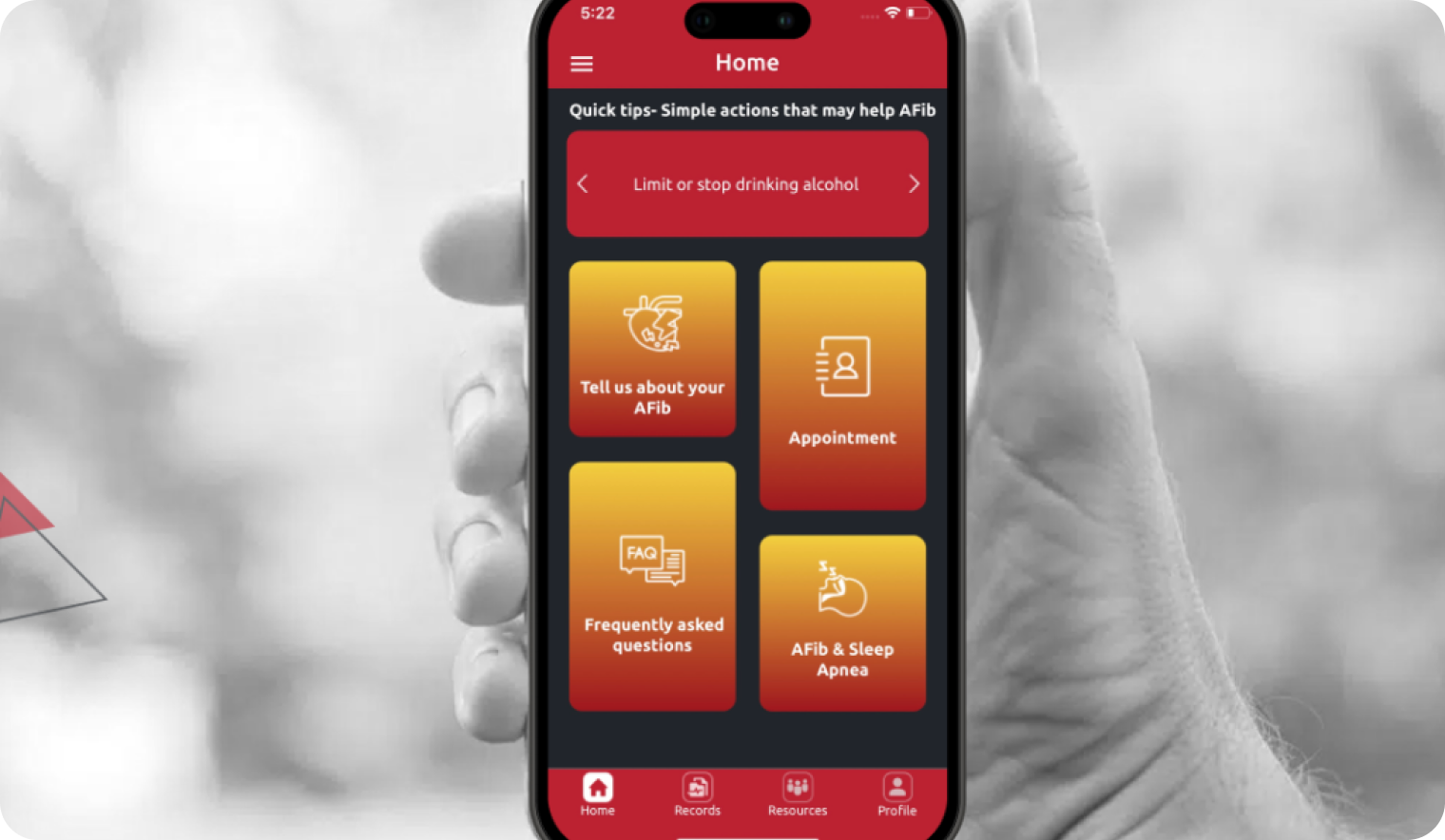Our next installment of The Scoop provides perspective about symptoms that many atrial fibrillation patients experience. Review thoroughly to gain a better understanding of the impact of the symptoms on daily life and what to do when they occur.
Atrial fibrillation episodes may come and go, or may not go away at all. The condition itself usually isn’t life-threatening, but the symptoms and side effects can be frightening – sometimes, even requiring emergency treatment. These symptoms can vary. In fact, some AFib sufferers experience no symptoms, and are therefore unaware of their condition until it’s discovered during a doctor’s visit.
Individuals who feel symptoms associated with AFib may experience one or more of the following:
- Irregular heartbeat
- Heart palpitations, or feelings of a racing, irregular – sometimes uncomfortable – heartbeat
- Chest pain
- Shortness of breath
- Fatigue
- Weakness
- Light-headedness or dizzy spells
- Reduced ability to exercise
If you or someone you care about is experiencing any of these symptoms, it’s best to contact your doctor immediately. In fact, seeking medical attention early may help reduce the chance of AFib leading to something more serious. Only a healthcare provider can determine whether these symptoms indicate AFib or another condition. Symptoms can also be associated with other potentially serious conditions not related to AFib.
Take a look at how some patients describe how they felt before being diagnosed with AFib:
- I woke up at night with shortness of breath and a feeling of pressure on my chest.
- My heart was racing while I was lying down.
- I often felt fatigue for no real reason.
- My pulse frequently seemed a little faster than normal.
You may be asking, “What can I do next?” If you have any symptoms of atrial fibrillation, make an appointment with your doctor or contact the Fix AFib clinic at your earliest convenience. Getting an electrocardiogram can establish if your symptoms are related to AFib or another heart rhythm disorder, or arrhythmia.
We hope you’ll continue reading our next blog post about shortness of breath and other discomfort issues of wearing a mask during the Covid era.








